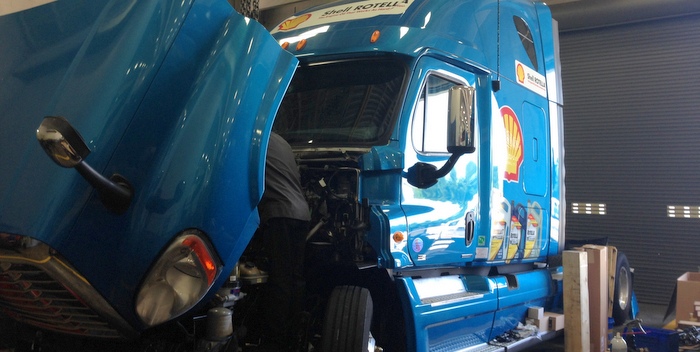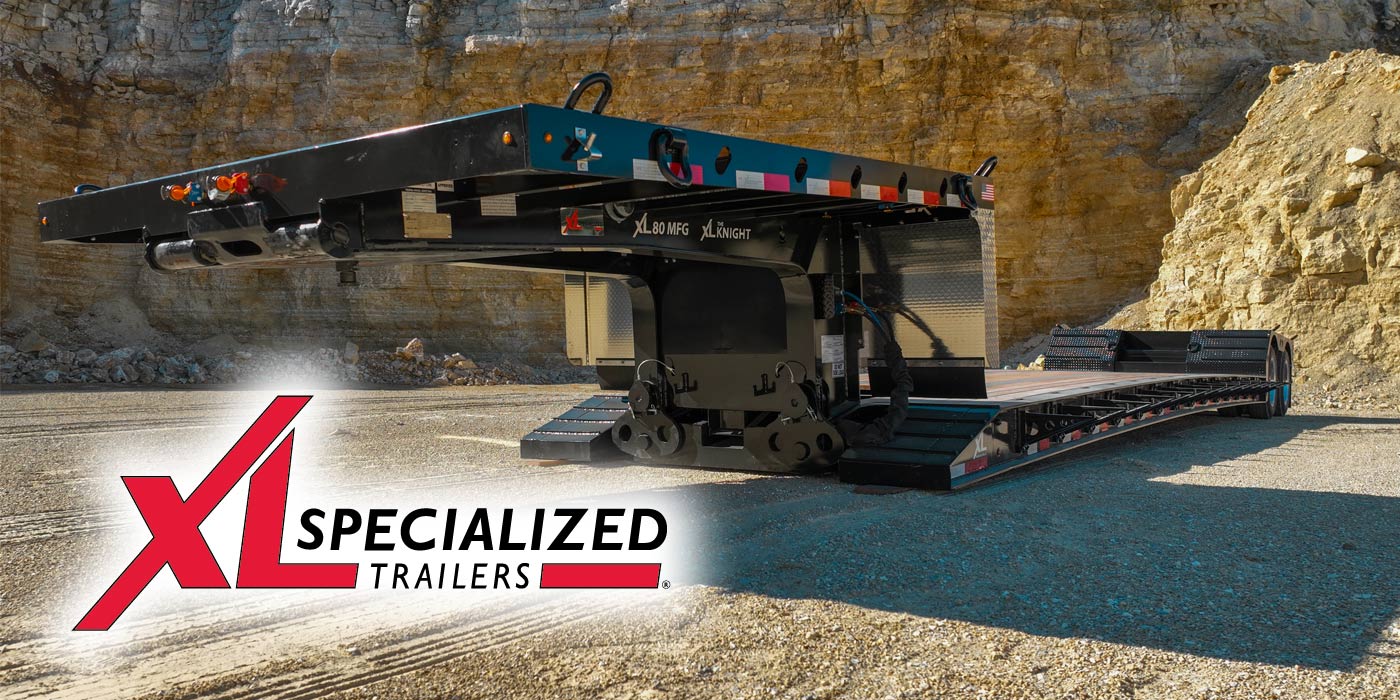Dan Arcy, global OEM technical manager for Shell Global Solutions U.S. Inc., updated media at the company’s Shell Rotella engine teardown event in Greensboro, N.C. The oil category, PC-11, has been in development for two years; the category has been driven by demand to meet federal greenhouse gas emissions regulations that will go in effect in 2017. The category is currently in testing but Shell expects the product to be available in the market between April and September 2016.
A major concern throughout the testing of PC-11, Arcy noted, was that a low-viscosity oil will improve fuel efficiency at the cost of quicker engine wear. However, Arcy and his testing team has found that the PC-11 category performs similarly to Shell’s 15W-40 product. Arcy expects the PC-11 to also provide improvements in oxidation stability, aeration, scuffing/adhesive wear, shear stability and be compatible with biodiesel blends before its ready for market.
PC-11 is currently being subdivided into two subcategories—the first, PC-11A, a higher high temperature high shear (HTHS) oil. The second is a lower HTHS oil and is named PC-11B. PC-11B will provide additional fuel efficiency benefits while maintaining durability, said Howard Hill, engineer at Shell Global Solutions U.S. Inc. It is currently in the proposed range of 2.9 cP to 3.2 cP.
The engine teardown event featured three 2011/2012 DD15 engines with 475 HP from a fleet in North Carolina that haul general commodities westbound and produce eastbound. The fleet uses Freightliner Cascadias and its typical freight load is 76,000 lbs. The three engines inspected from the fleet compared wear from an engine that used Rotella T Triple Protection 15W-40 (KV 100 – 15.5cST) at 644,208 miles to an engine that used Rotella T5 10W-30 (KV 100C – 12.1cST) at 699,862 miles to an engine that used Rotella T5 10W-30 (KV 100C – 10.0cST) at 539,319 miles. As you can see in the video below, Arcy notes that the different in wear between the three is minimal.














